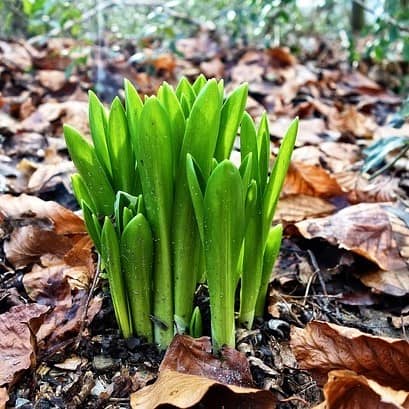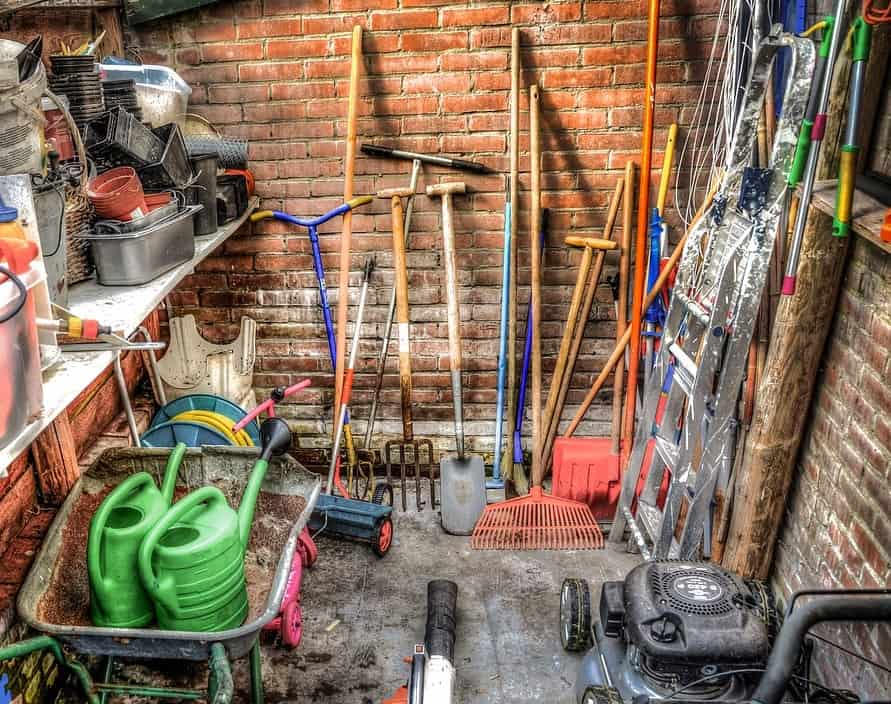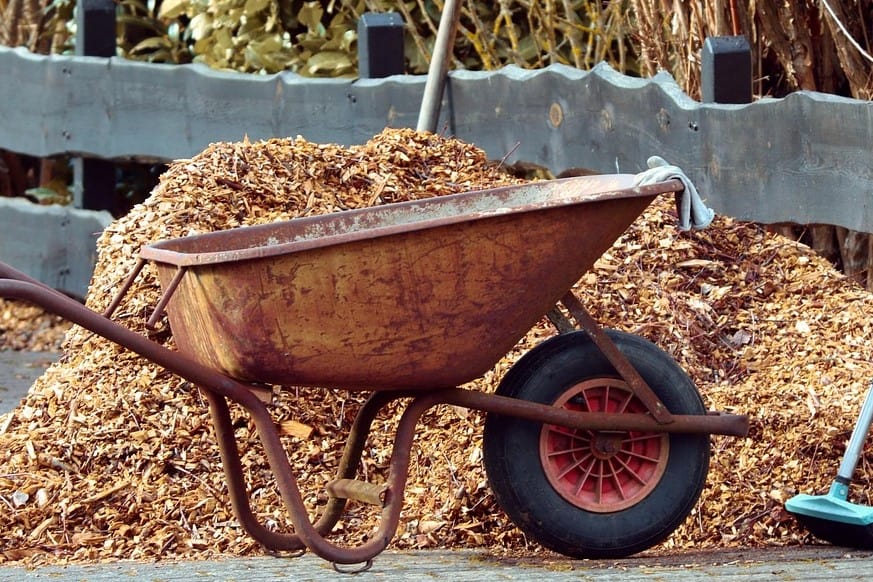
Table of Contents
January preparation for your Spring garden is the most crucial month for gardeners looking to set up their gardens for a vibrant spring. As the chill of winter lingers, taking proactive steps now can set the stage for a flourishing display come warmer weather. Let us explore the essential tasks to ensure your garden thrives in the upcoming season.
Evaluate and Plan Your Garden

Start by reflecting on the previous year. Take note of what worked well and what didn’t. Use a garden journal to jot down observations about types of plants, successes with certain garden beds, and areas for improvement. Consider sketching out a planting plan for the next season.
If you’re dreaming of expanding your garden, January is an ideal time to browse seed catalogues or visit local garden centers for inspiration. Research cool-season crops and select seed packets to grow in early spring. Don’t forget to confirm your hardiness zone for the best results.
Tidy Up Your Garden Beds
Cleaning up your garden beds is essential for good hygiene. Start by removing dead leaves, old plants, and other plant debris from the previous growing season. This reduces pests and diseases that may cause issues with the soil going forward.
For areas where bare soil is exposed, consider adding a layer of leaves, wood chips, or cover crops for winter protection. These can help prevent erosion and also will improve your garden soil.
Test and Amend Your Soil
Healthy plants begin with healthy soil. January is a great time to perform a soil test to evaluate your soil’s nutrient levels and soil type. Based on the results, add organic fertilizers or other soil amendments to improve the structure and fertility of your soil.
Compost Bin: A compost bin can be your best friend during the winter months. Add organic matter and kitchen scraps to build up a rich compost that will be ready for spring planting.
Care for Your Tools and Equipment

Before the gardening season begins, take inventory of your garden tools and garden equipment. It’s a good idea to clean tools, sharpen blades, and replace any worn-out items. Organize your gardening tools and consider setting up a water butt for rain collection to prepare for the drier months ahead.
Prepare for Spring Planting
Even in colder climates, you can prepare new garden spaces by building raised garden beds or adding fresh soil to existing ones. If you already have raised beds, inspect them for damage and replace new wood where necessary.
A cold frame or row cover can protect young garden plants and extend the growing season for cool-weather crops. It’s also an excellent time to prune deciduous shrubs, cut back ornamental grasses, and remove dead stems from herbaceous perennials. These steps promote new growth and healthier plant roots in the spring season.
Focus on Winter Protection

If you’re growing plants like fruit trees or butterfly bushes, ensure they have adequate winter protection. Add mulch around their bases to insulate plant roots and retain moisture during the cold weather. Colder climates may also benefit from wrapping young plants in burlap or installing windbreaks.
Plan Your Irrigation System
January is a great time to assess your irrigation system. Ensure hoses and sprinklers are in working order, and make adjustments to accommodate any changes in your garden planning. Consider adding drip irrigation for more efficient watering for all areas prone to drought.
Conclusion
While the ground freezes, use this time of year to prepare for the current season and beyond. Taking these proactive steps during the winter months together with careful garden maintenance will result in a flourishing garden that will reward your efforts time and time again throughout the next season.



